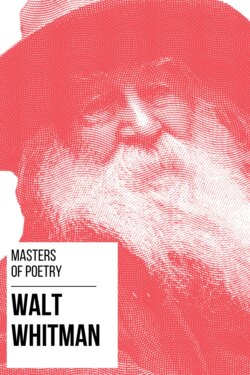Читать книгу Masters of Poetry - Walt Whitman - August Nemo, John Dos Passos, Ellen Glasgow - Страница 56
На сайте Литреса книга снята с продажи.
XI
ОглавлениеThe reader will be sure to demand of Whitman ample compensation for the absence from his work of those things which current poets give us in such full measure. Whether or not the compensation is ample, whether the music of his verse as of winds and waves, the long, irregular, dithyrambic movement, its fluid and tonic character, the vastness of conception, the large, biblical speech, the surging cosmic emotion, the vivid personal presence as of the living man looking into your eye or walking by your side,—whether all these things, the refreshing quality as of "harsh salt spray" which the poet Lanier found in the "Leaves," the electric currents which Mrs. Gilchrist found there, the "unexcelled imaginative justice of language" which Mr. Stevenson at times found, the religious liberation and faith which Mr. Symonds found, the "incomparable things incomparably well said" of Emerson, the rifle-bullets of Ruskin, the "supreme words" of Colonel Ingersoll, etc.,—whether qualities and effects like these, I say, make up to us for the absence of the traditional poetic graces and adornments, is a question which will undoubtedly long divide the reading world.
In the works upon which our poetic taste is founded, artistic form is paramount; we have never been led to apply to such works open-air standards,—clouds, trees, rivers, spaces,—but the precision and definiteness of the cultured and the artificial. If Whitman had aimed at pure art and had failed, his work would be intolerable. As his French critic, Gabriel Sarrazin, has well said: "In the large work which Whitman attempted, there come no rules save those of nobility and strength of spirit; and these suffice amply to create a most unlooked-for and grandiose aspect of beauty." "Overcrowded and disorderly" as it may seem, "if heroic emotion and thought and enthusiasm vitalize it," the poet has reached his goal.
